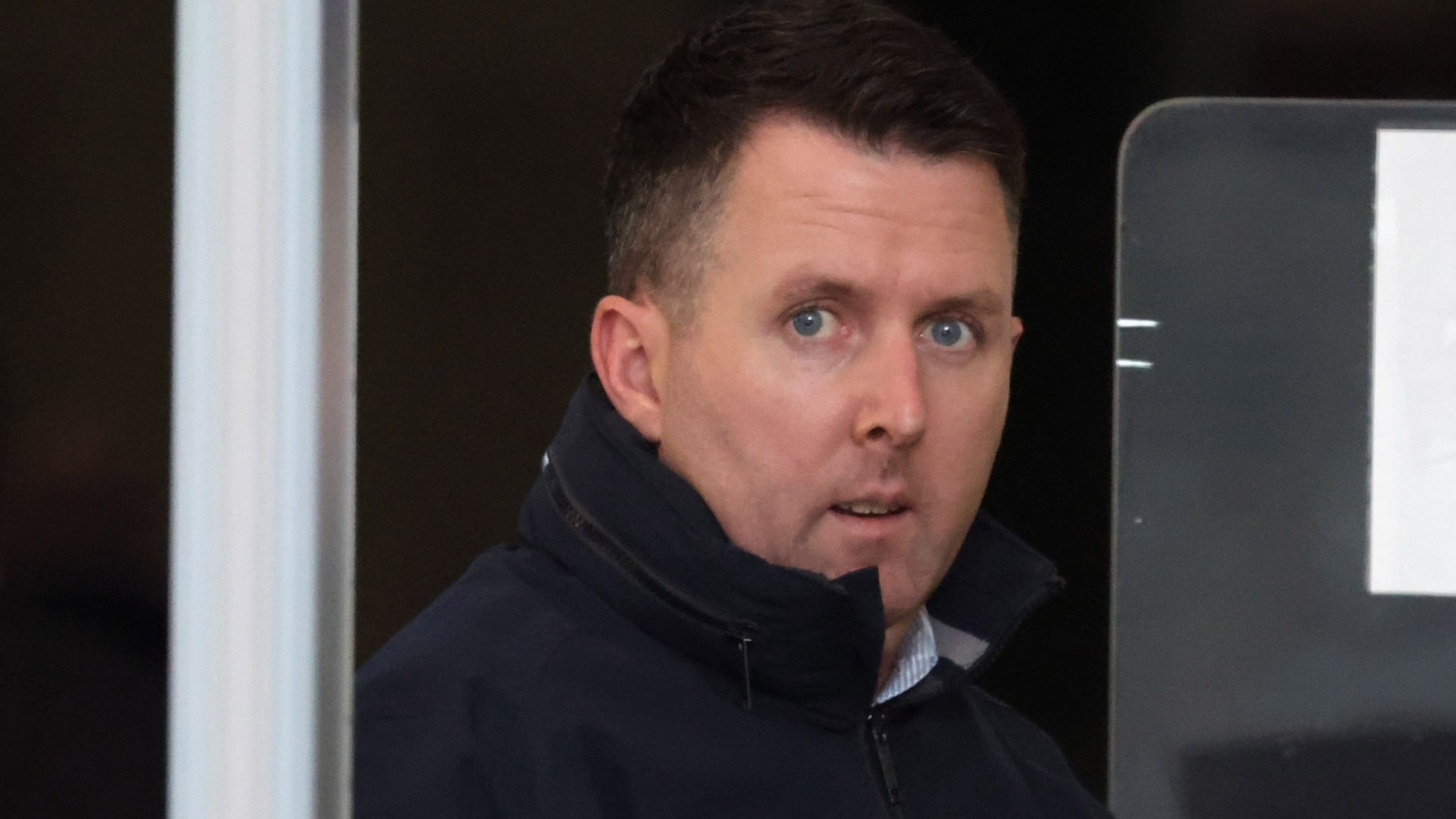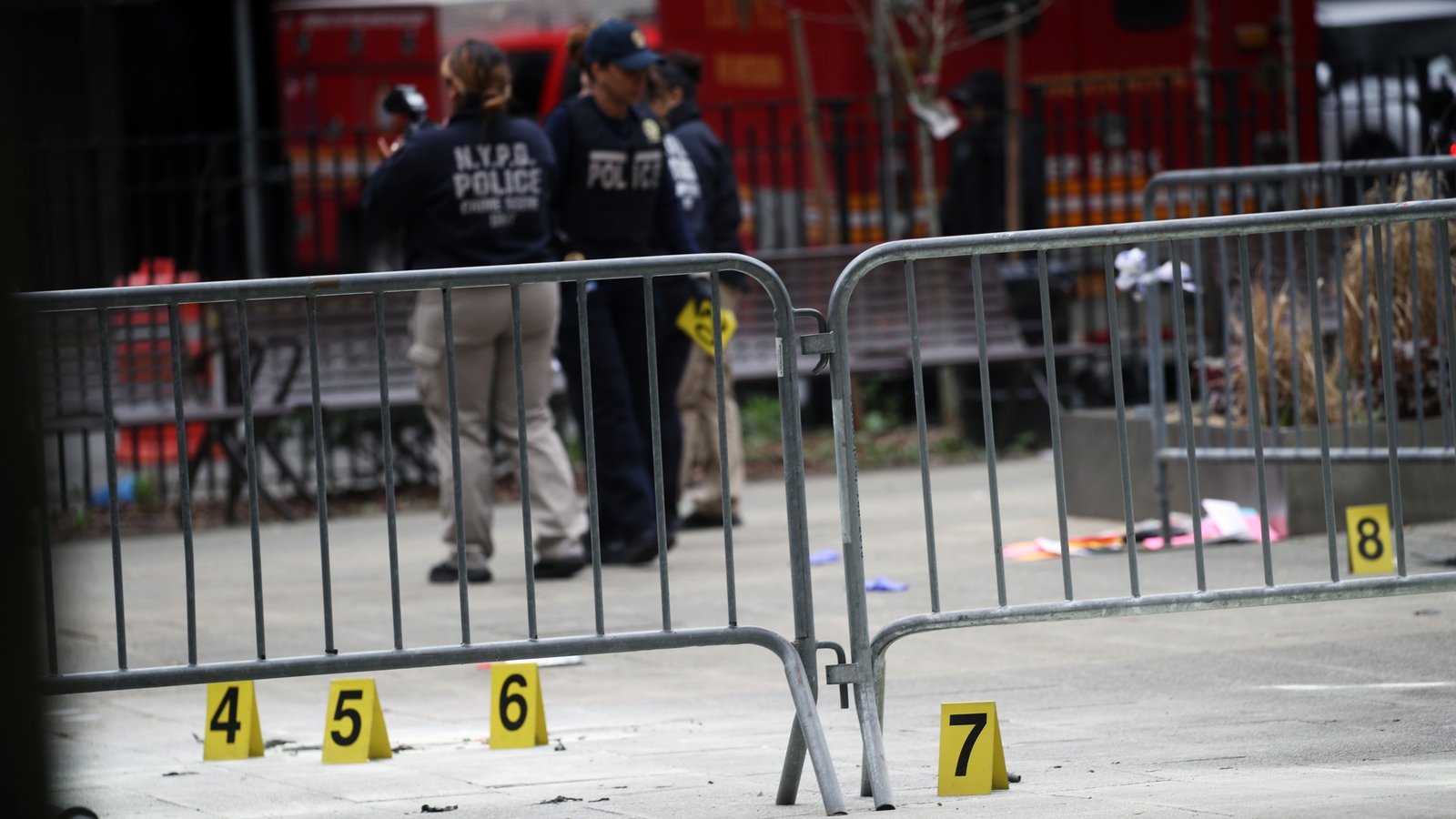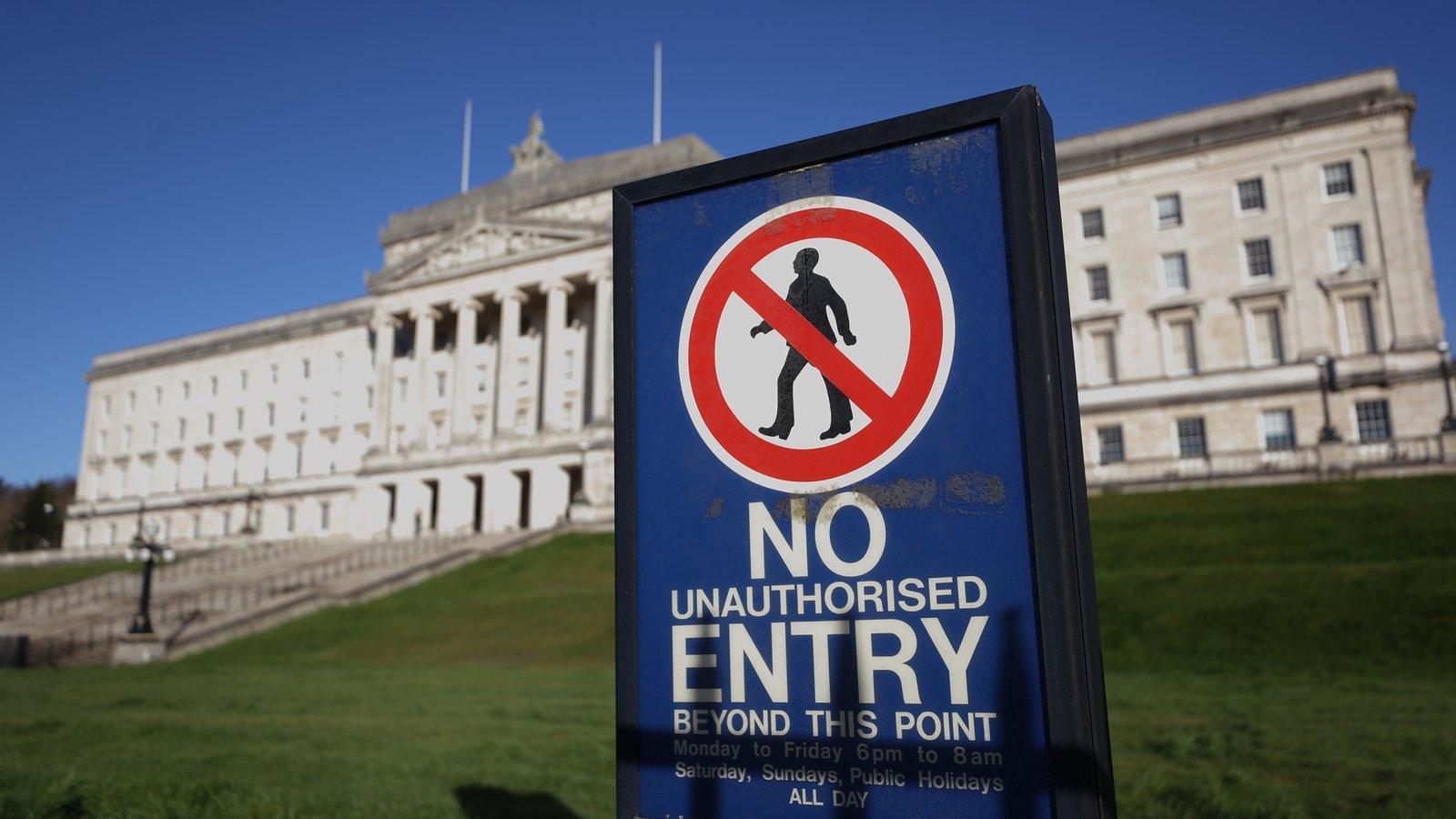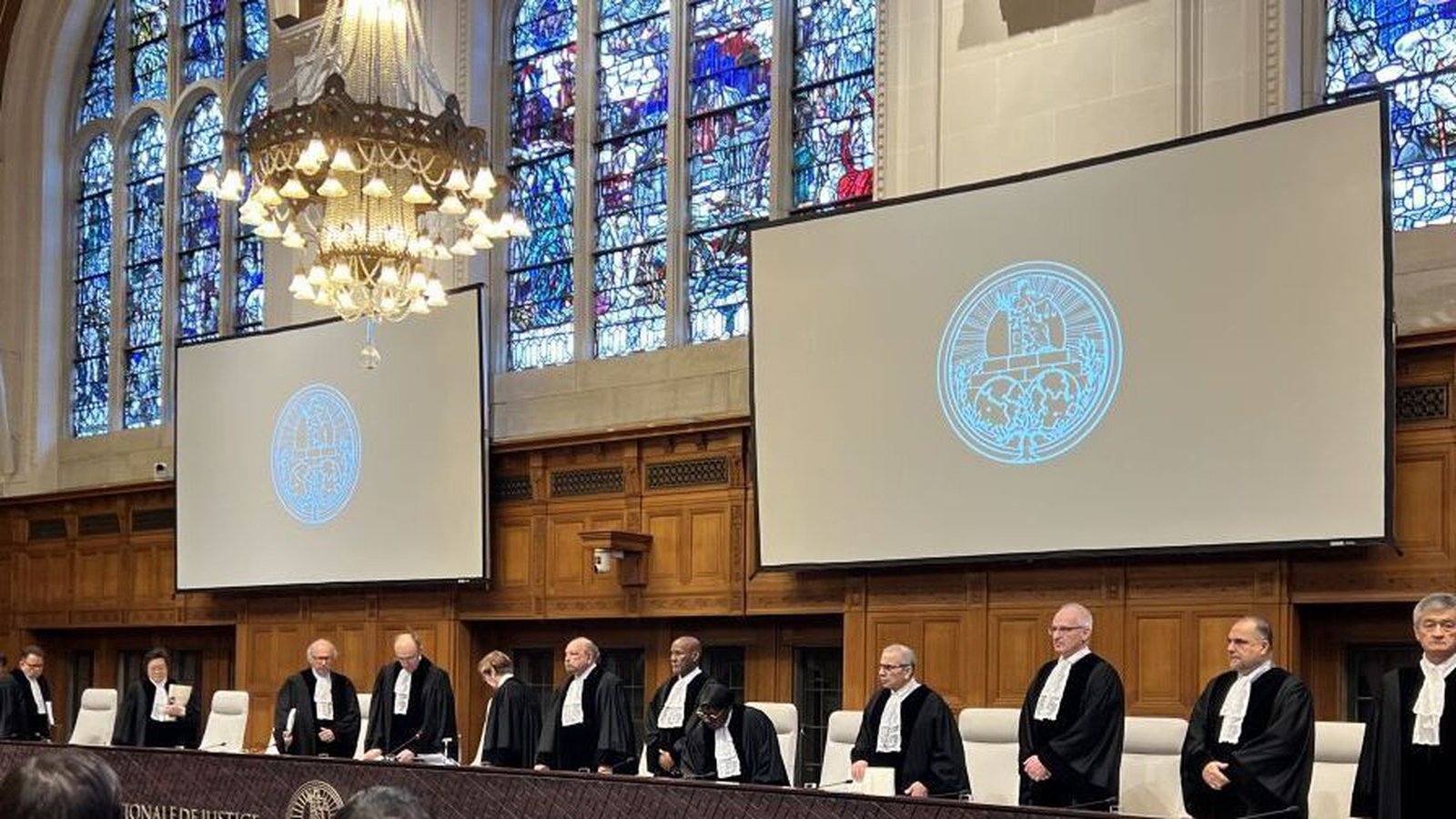Growing pressure on Israeli govt over war in Gaza
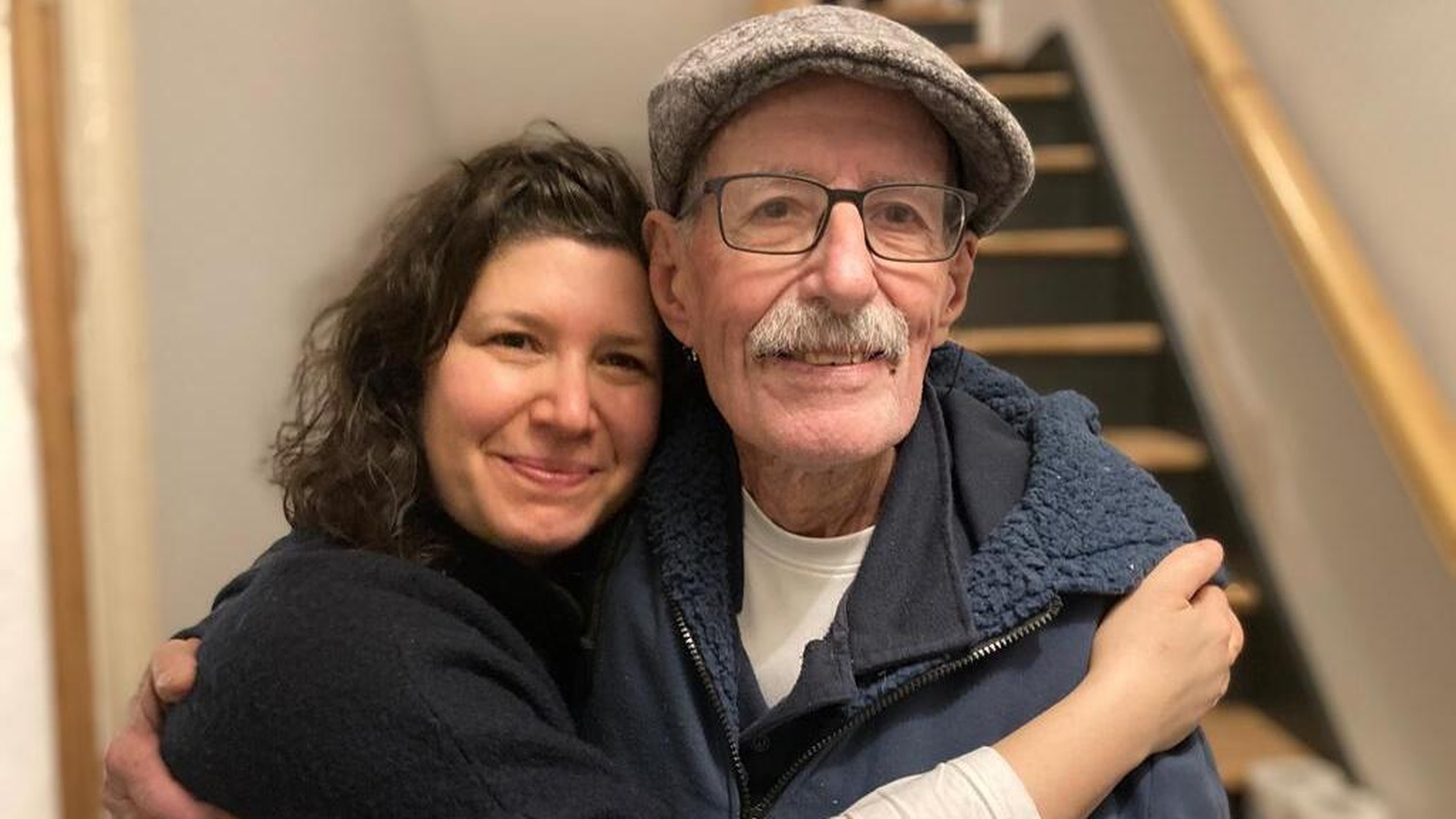
The daughter of a peace activist held hostage by Hamas has called for a diplomatic solution to the ongoing war in Gaza.
Artist and Filmmaker Dr Sharone Lifschitz, whose 83-year-old father Oded Lifschitz, remains in Gaza said Israel’s military action had not brought hostages home.
Speaking on RTÉ’s Morning Ireland, “The Government of Israel has told us that the fighting will bring back the hostages. I think this is now proven to be wrong. It is very clear that the only way forward is a diplomatic deal.”
Yesterday, a group of relatives of Israelis held hostage in Gaza stormed a parliamentary committee session in Jerusalem, demanding that the MPs do more to try to free their loved ones, and as polls in Israel show growing support for a diplomatic solution.
On top of this, a survey by Midgam Institute on behalf of the Geneva Initiative showed a slight majority of Israelis would back a US plan for ending the war.
That plan – which was rejected by Israeli Prime Minister Benjamin Netenyahu – would see the remaining hostages released and the eventual establishment of a demilitarised Palestinian state.
51.3% of respondents said they would back such an agreement, while 28.9% said they would oppose it, and 19.8% said they did not know.
Referring to the poll, Dr Lifschitz said the “majority of people are supporting a diplomatic solution”.
“I think … there’s a growing majority within Israel that believe that only a diplomatic deal will bring back the hostages,” she said.
“We are looking for all our friends across the world to work together for diplomatic solution for two-state solution.
“I think that the Prime Minister very recently said that that is not possible, but I think the majority of people in Israel think that it is the way forward,” she added.
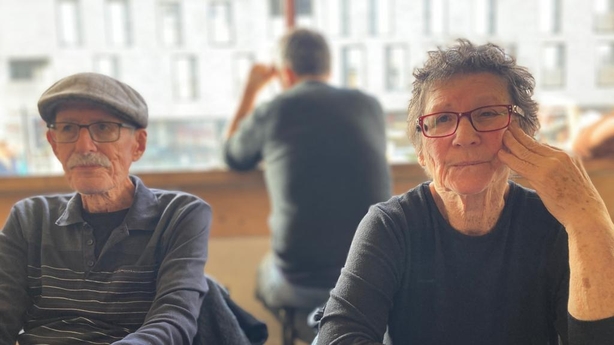
“Israel will have to pay high prices. I’m not a religious person myself, but the Bible speaks several times about the return of hostages. And it tells us that it is always a difficult thing, and yet it is an absolute imperative for the existence of Israel that these hostages return home safely,” said Dr Lifschitz.
She agreed a diplomatic solution offers a greater chance for the release of hostage. However, she said the families of hostages were a cross section of Israeli opinion.
“This is a cross section of Israel. There’s many different people, many different opinions and Israel itself is a country which is split.”
Dr Lifschitz’s father and 85-year-old mother Yocheved were both kidnapped from Kibbutz Nir Oz by Hamas during its 7 October attack.
We need your consent to load this comcast-player contentWe use comcast-player to manage extra content that can set cookies on your device and collect data about your activity. Please review their details and accept them to load the content.Manage Preferences
“My father, but also the life of all the other hostages, are in the hands of other people. They are primarily in the hand of Hamas, who is the most murderous, atrocious organisation that I can imagine.
“He’s also in the hand of the Israeli government in terms of deciding whether to continue to fight or whether to stop fighting and what it negotiates in a deal.
“He is also in the hand, more broadly of political opinions in Israel, in Gaza, and across the world,” said Dr Lifschitz.
We need your consent to load this rte-player contentWe use rte-player to manage extra content that can set cookies on your device and collect data about your activity. Please review their details and accept them to load the content.Manage Preferences
She said her hope of seeing him returned home alive “diminishes daily”.
“My father is 83. He’s frail. He has complicated medical needs that have not been attended to. The weather has turned colder than here. He was skinny before and he hasn’t eaten properly in 100 days.
“I want to know how he is. But am I hopeful? I have some faith I and I would love to see them coming back, all of them. The children, the women. I want them back. I want to start looking after them.
“I want to start building on every level of our life. You know, his home is gone, his community is dispersed, our home is burned to the ground and we have to hold on to what we do have and to the hope of building a better future for the people of this region.
“It’s clear to me that my father, if he died, he would rather it was for something that would lead to some solution to some peace agreement, to something that facilitates children learning about each other’s sides in a way that facilitates understanding and cooperation,” said Dr Lifschitz.
The filmmaker and academic added that Israel continues to deal with the trauma of the 7 October attacks.
“There’s a huge understanding in Israel that it is going through the most horrific trauma in its history. You have to understand people in the West might have moved on, but for us, every day there’s new details or every day we hear about the people that were raped and the people that were beheaded and the people that were murdered. It’s ongoing and doesn’t stop. We haven’t even begun to deal with the trauma in so many ways,” she added.

